Get a more in-depth look at the people behind the white coats.
Through personal interviews, WashU Medicine physicians share thoughts about why they chose their specialty, what they find most gratifying about their work, new developments in their fields, and much more.
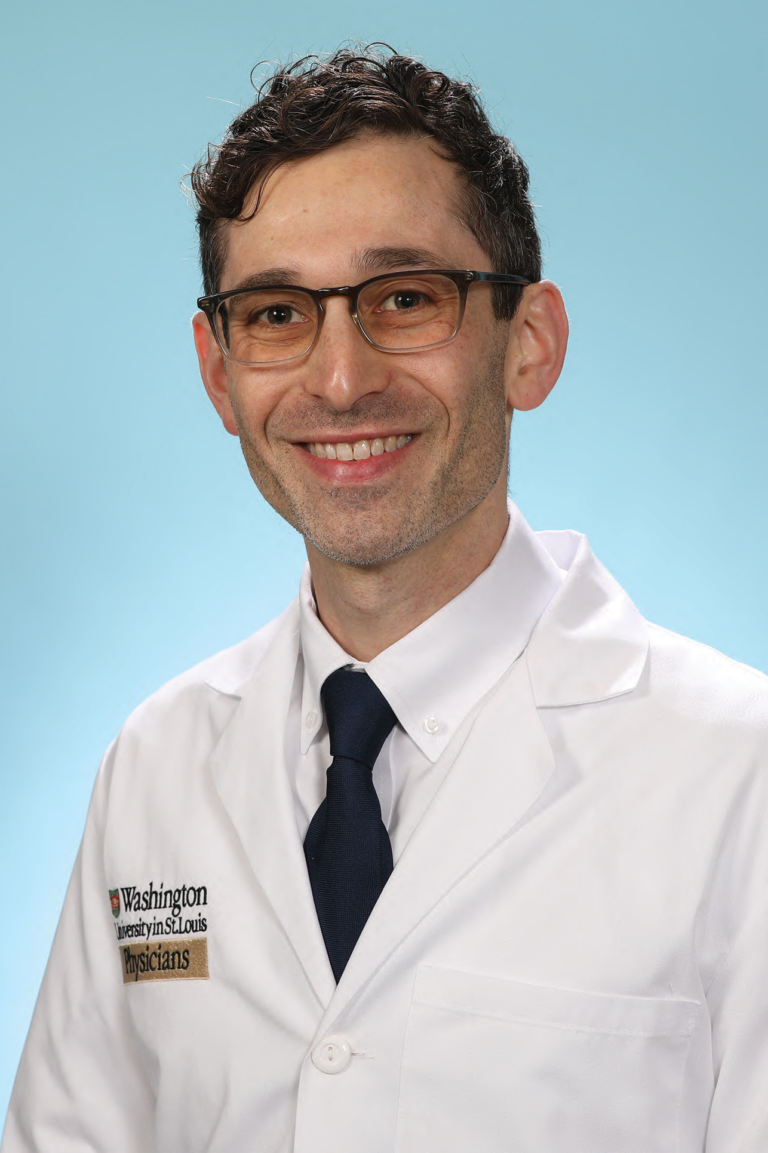
Brian J. Glen, DO
Pediatrics, Washington University Clinical Associates
“It’s incredibly rewarding to be able to guide families through challenges early on, helping to establish healthy habits and coping mechanisms that can have a lasting impact.”
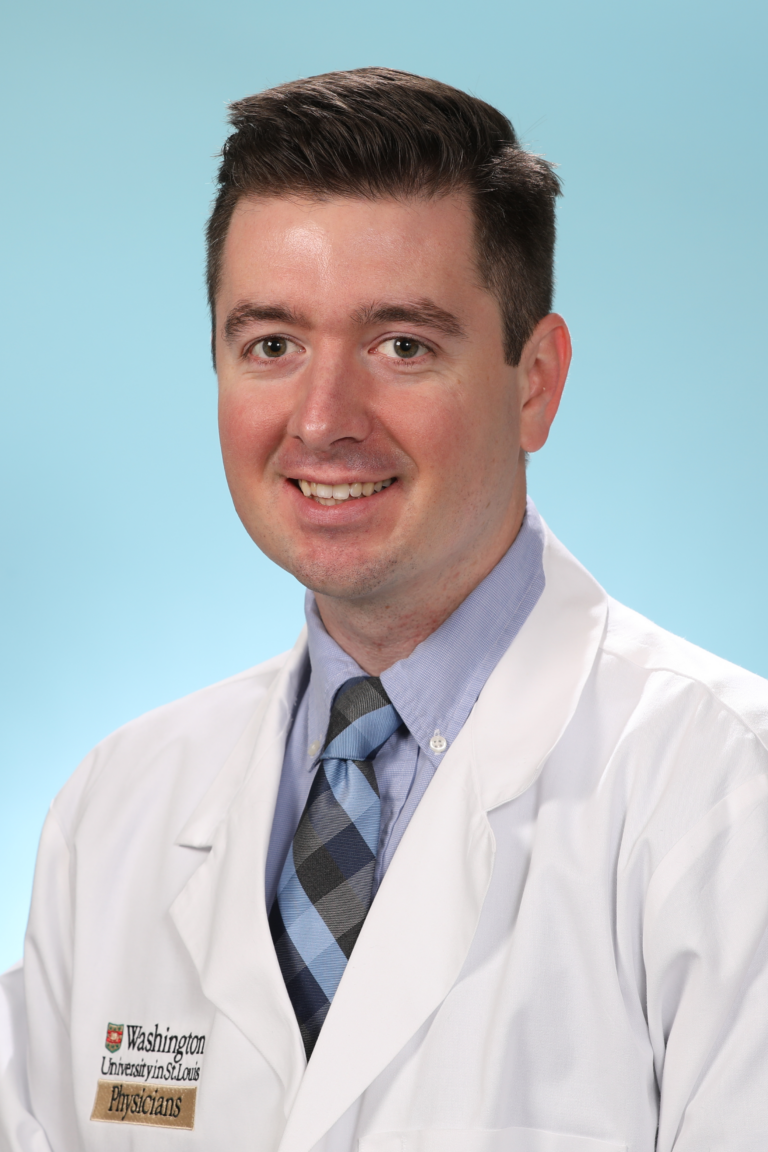
Tim Ratz, MD
Pediatrics, Washington University Clinical Associates
“Every kid will reach milestones at slightly different times and that’s ok. We as pediatricians will keep an eye on that for you, while you as the parents should enjoy all the new ‘firsts’.”
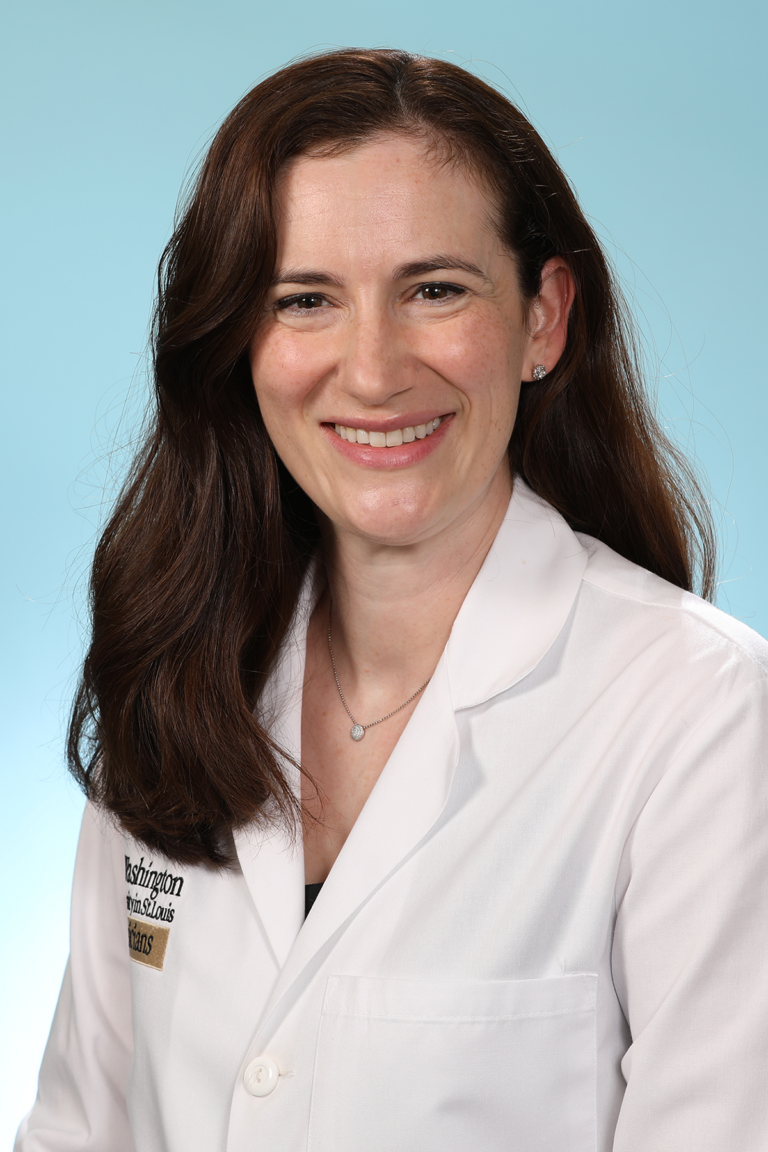
Danielle Larsen, MD
Pediatrics, Washington University Clinical Associates
“I love that as a pediatrician I get to care for both kids and adults – my patients and their parents or guardians. Pediatrics is the best of both worlds. Kids are just the best.”
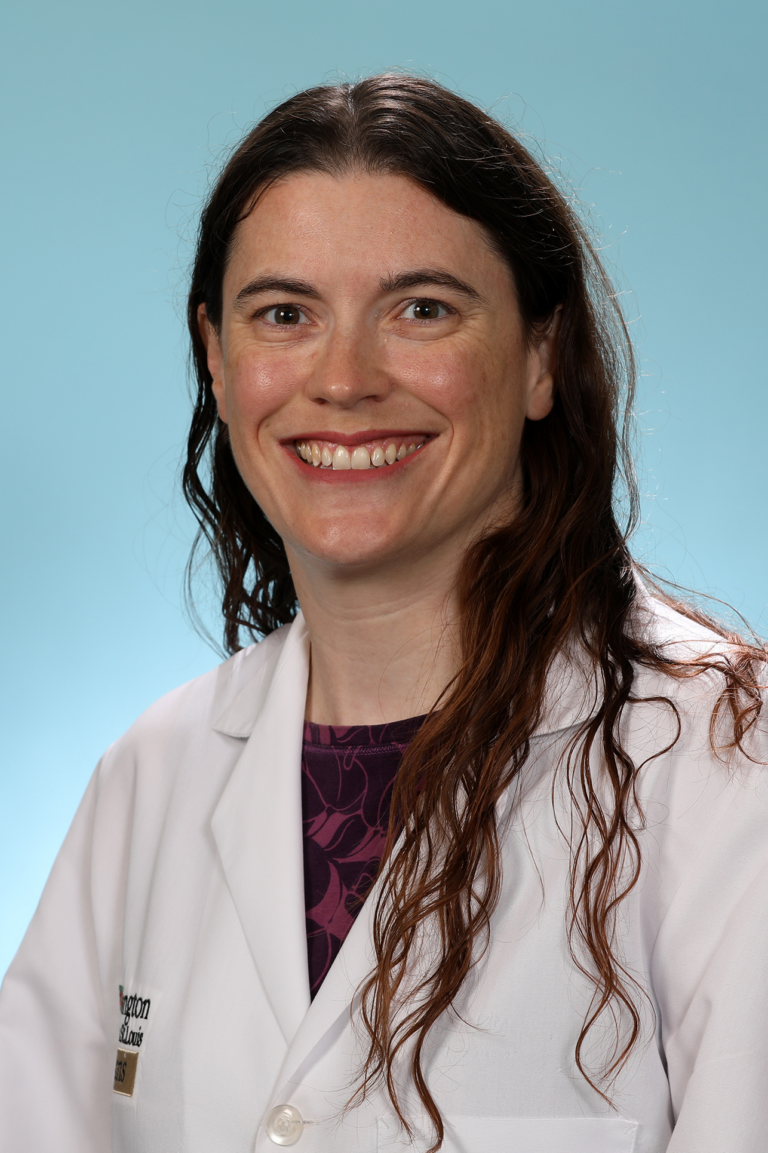
Ellen Nicastro, MD
Pediatrics, Washington University Clinical Associates
“I think the achievement I find most gratifying is having former patients choose me to take care of their own children. Being a ‘grand-pediatrician’ is certainly validating and tells me I must be doing something right.”
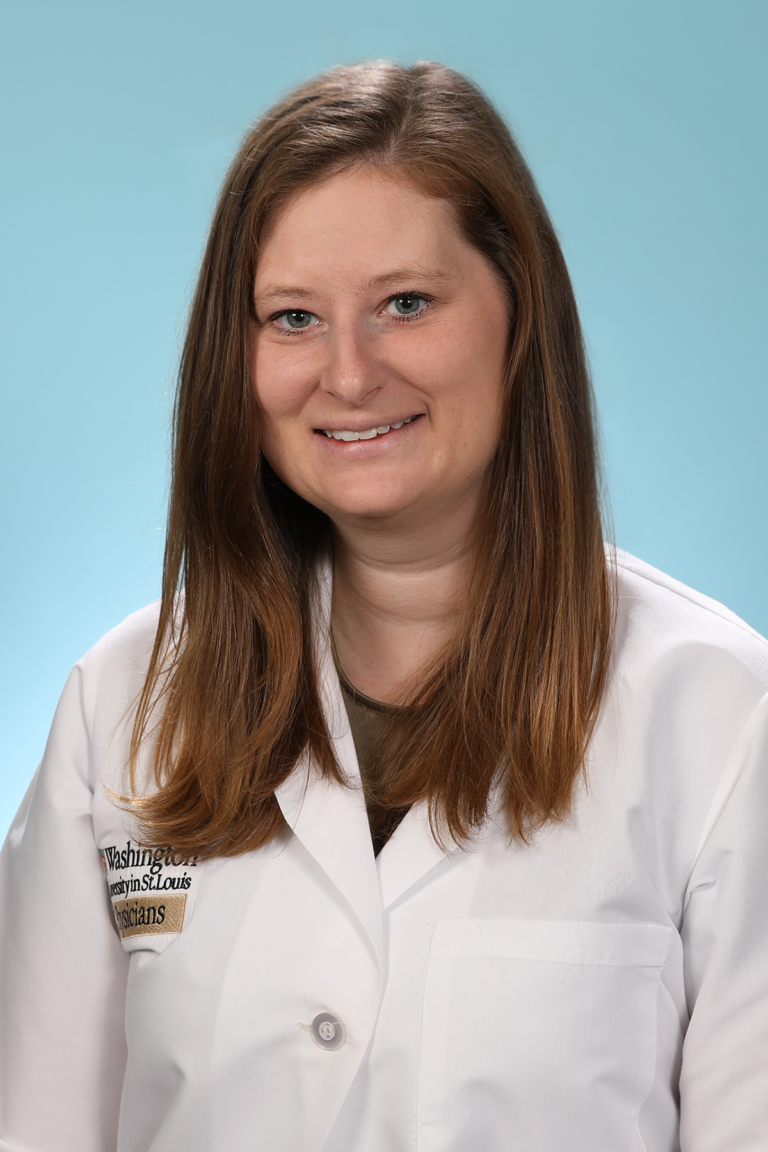
Lauren Jones, DO
Pediatrics, Washington University Clinical Associates
“I love the special relationships I get to build in pediatrics – not only with my patients, but also with their parents.”
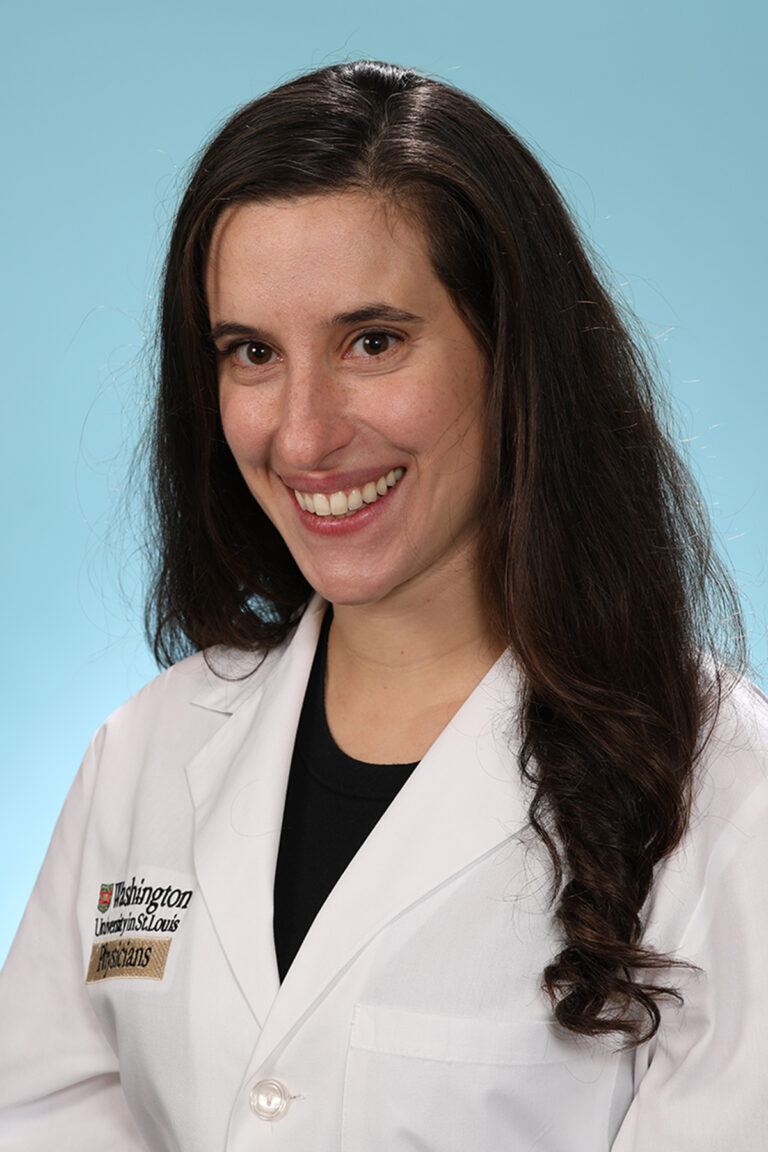
Zeynep G. Gul, MD
Urology
“The best treatment for any patient depends on what they think is the best outcome and how they feel about the side effects.”
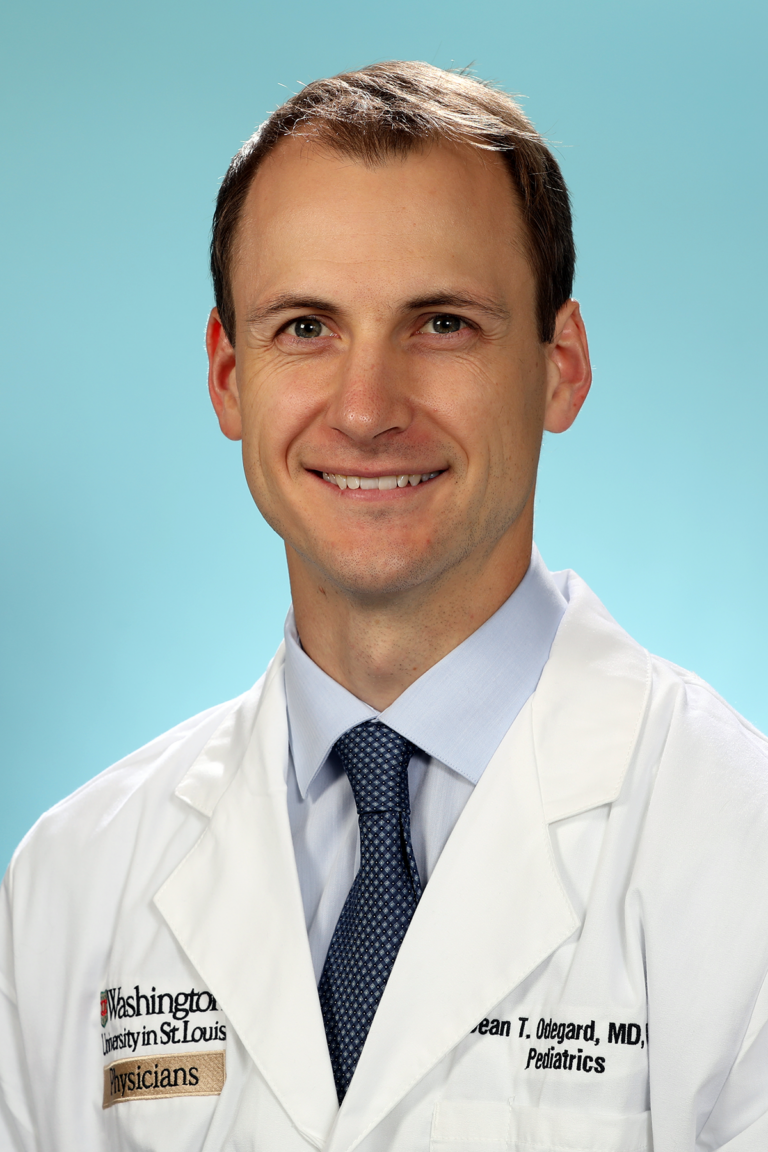
Dean T. Odegard, MD
Pediatrics, Washington University Clinical Associates
“In pediatrics, we have a great opportunity to impact a child’s life by teaching them healthy habits early on… It’s a humbling responsibility.”
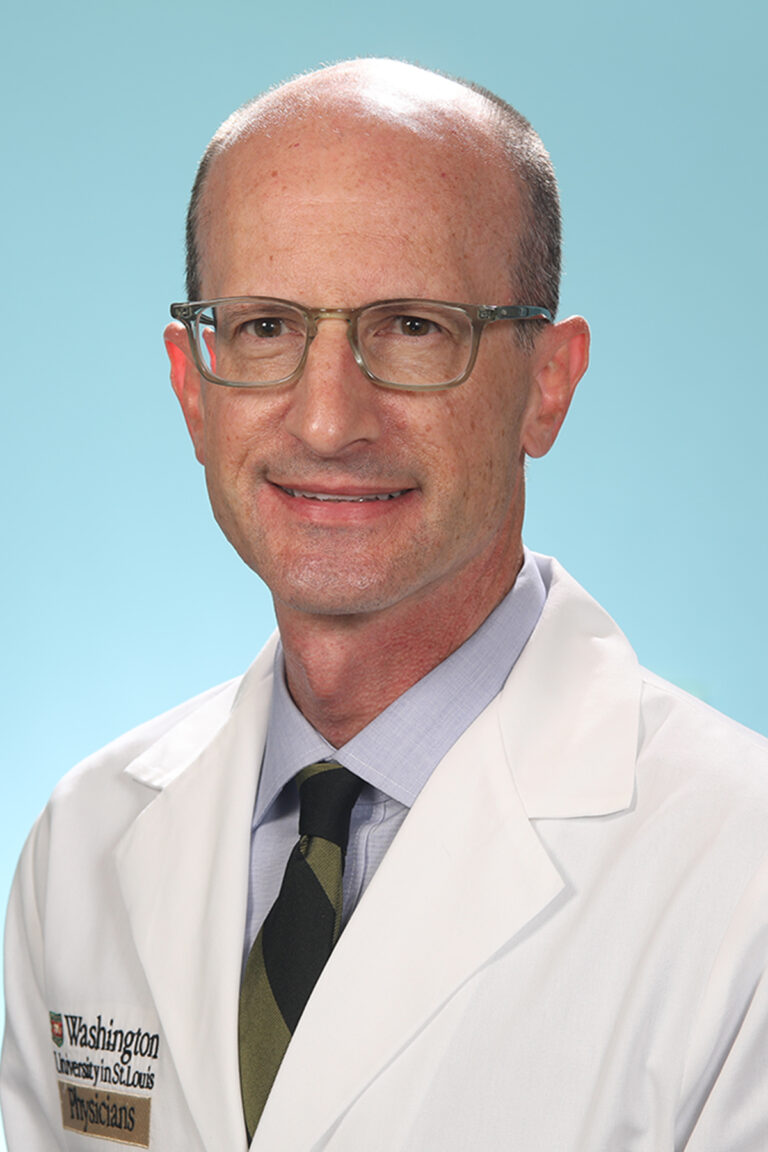
Dan I. Lebovic, MD, MA
Fertility and Reproductive Medicine Specialist
“Even after 25 years, I believe every positive pregnancy test is a huge victory and a miracle.”
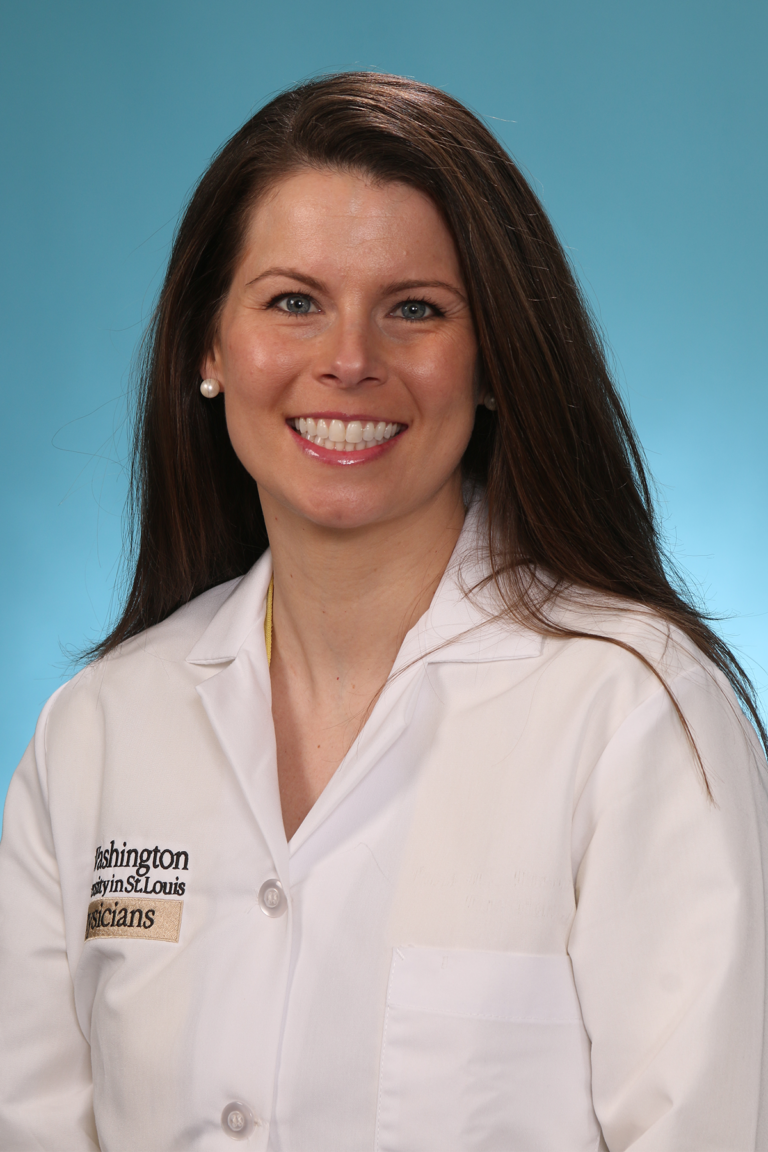
Jennifer Horst, MD
Pediatrics, Washington University Clinical Associates
“I find it rewarding to empathize with parents’ concerns, explain why I am or am not worried about their child, and provide guidance.”
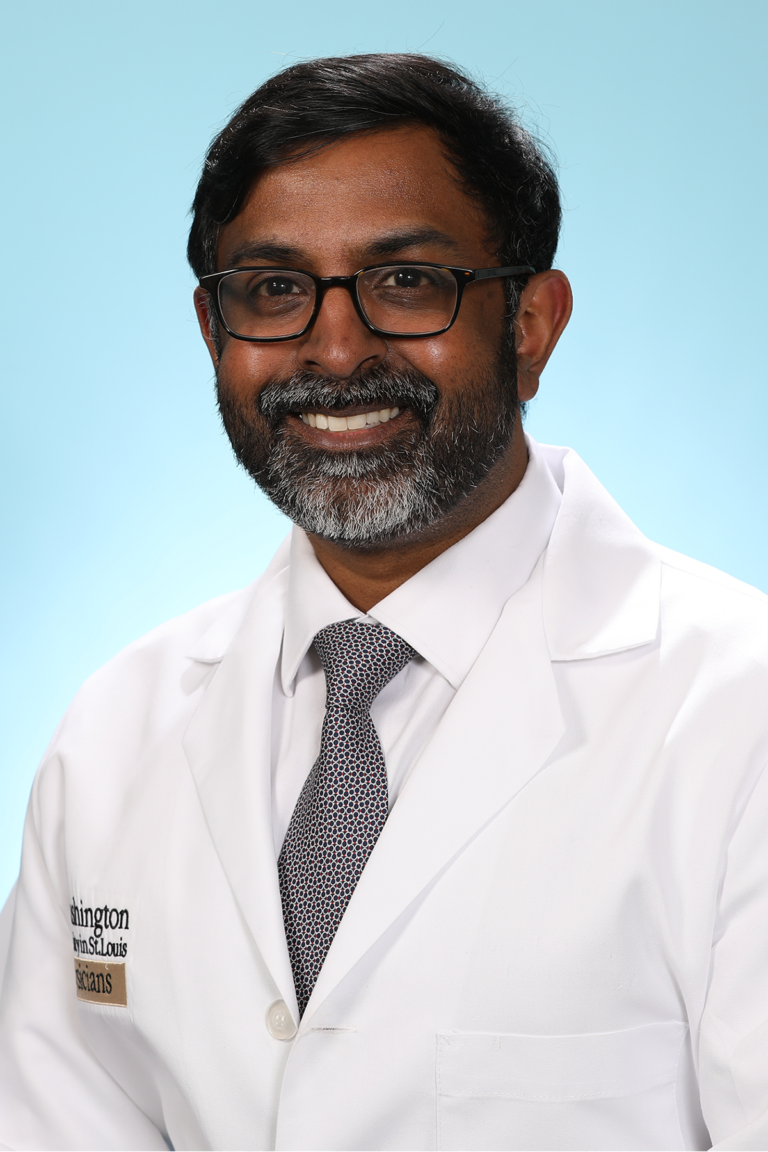
Satish V. Reddy, MD
Anesthesiology, Pain Management
“Being referred to pain management is not a sign of lost hope. Our goal is to find ways to manage pain and improve function using a multidisciplinary approach.”
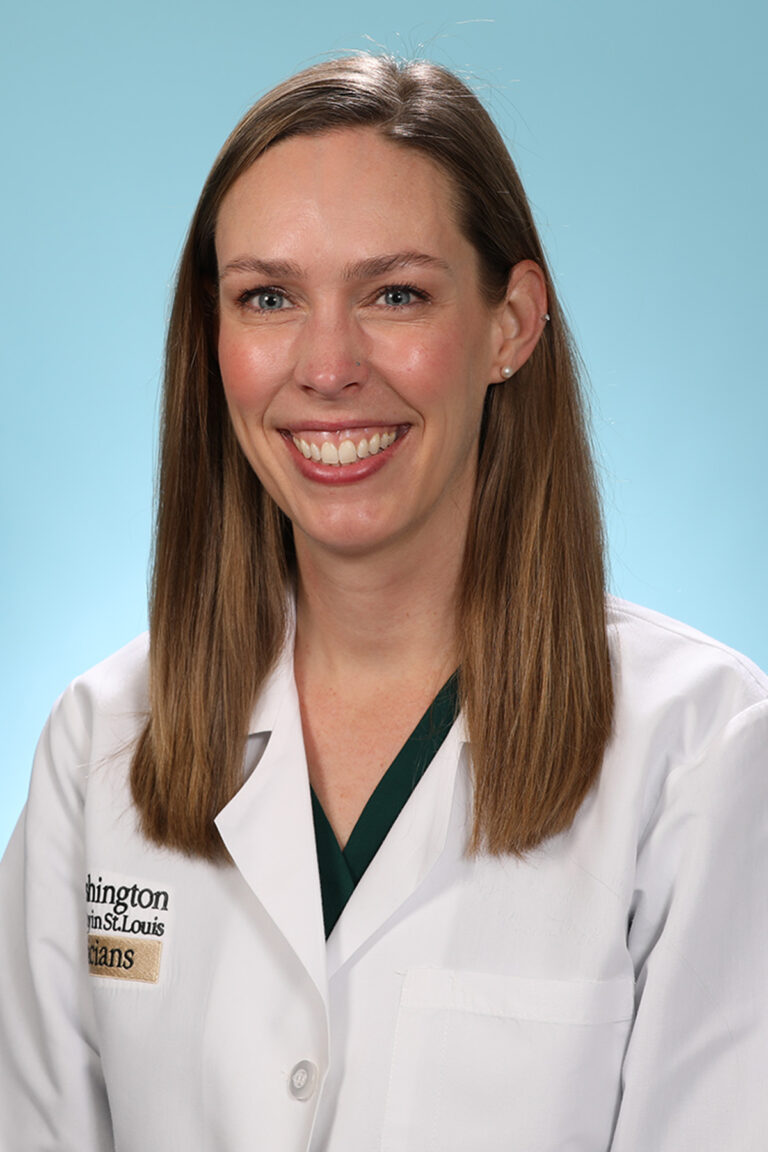
Maggie Dwiggins, MD, MS
Pediatric and Adolescent Gynecology
“I always take time for internal reflection to see if a proposed plan is achievable by identifying barriers to success, even if it’s simply choosing the right birth control or period product.”
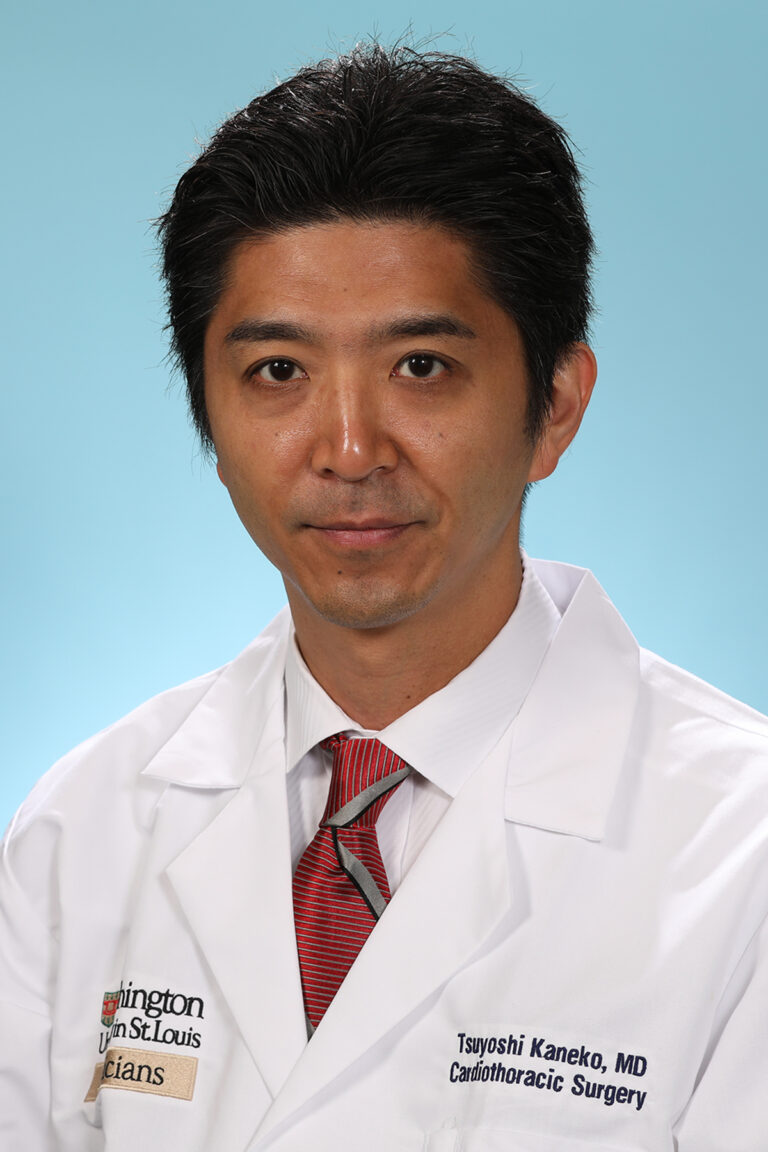
Tsuyoshi Kaneko, MD
Cardiothoracic Surgery
“Treating cardiac surgery patients is fascinating, and using different techniques to provide the best care for the patient is very satisfying.”
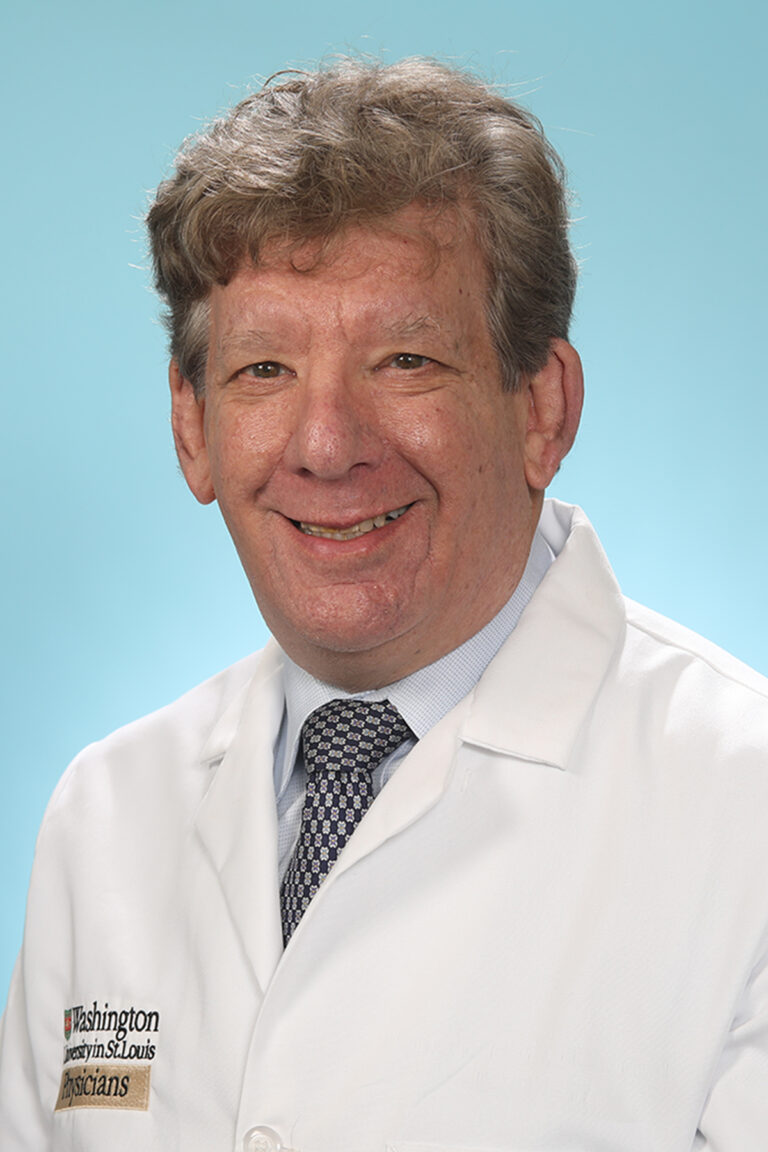
Stephen Wexler, MD
Ophthalmology
“A good candidate for LASIK must have healthy eyes. My number one goal is to do these procedures as safely as possible. We have developed new technology for improved preoperative evaluation of corneas. This allows us to make sure patients are a good candidate for LASIK.”
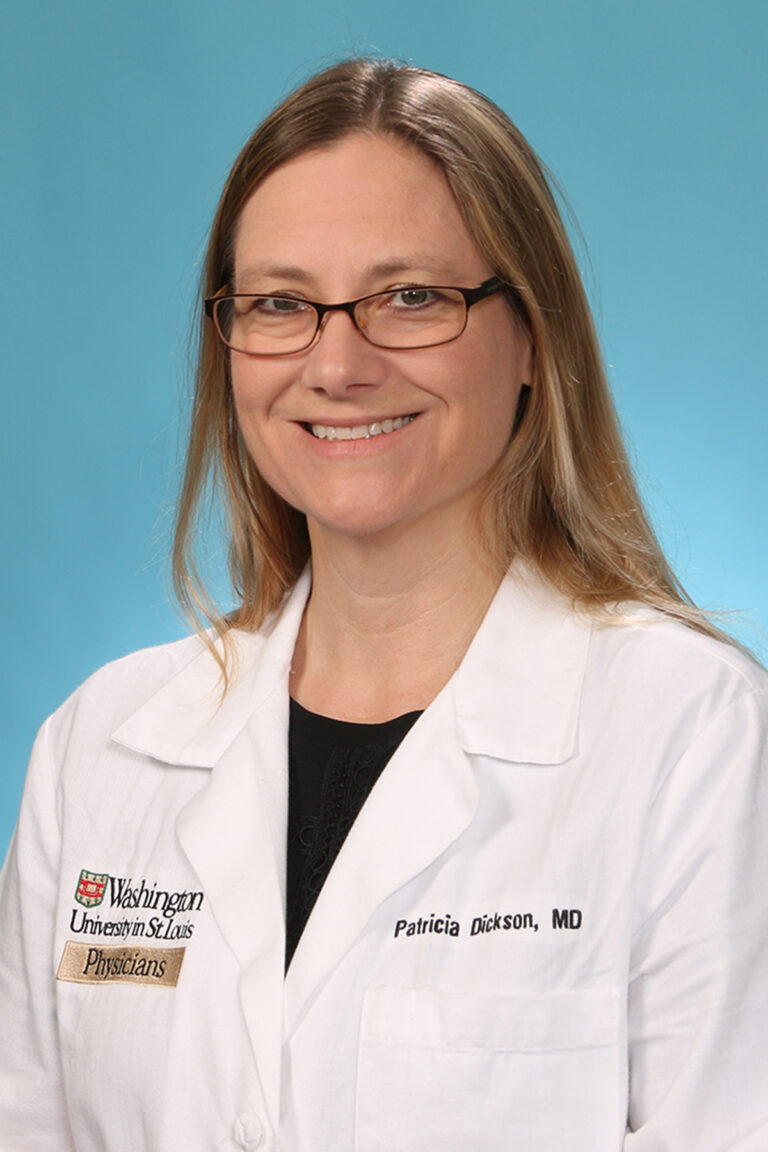
Patricia Dickson, MD
Genetics
“Genetics is never boring. It changes so rapidly — what we are doing today is dramatically different than what we were doing 15 years ago. It is almost an unrecognizable practice. What I’ve enjoyed the most is always being challenged, always having something new to do and think about.”
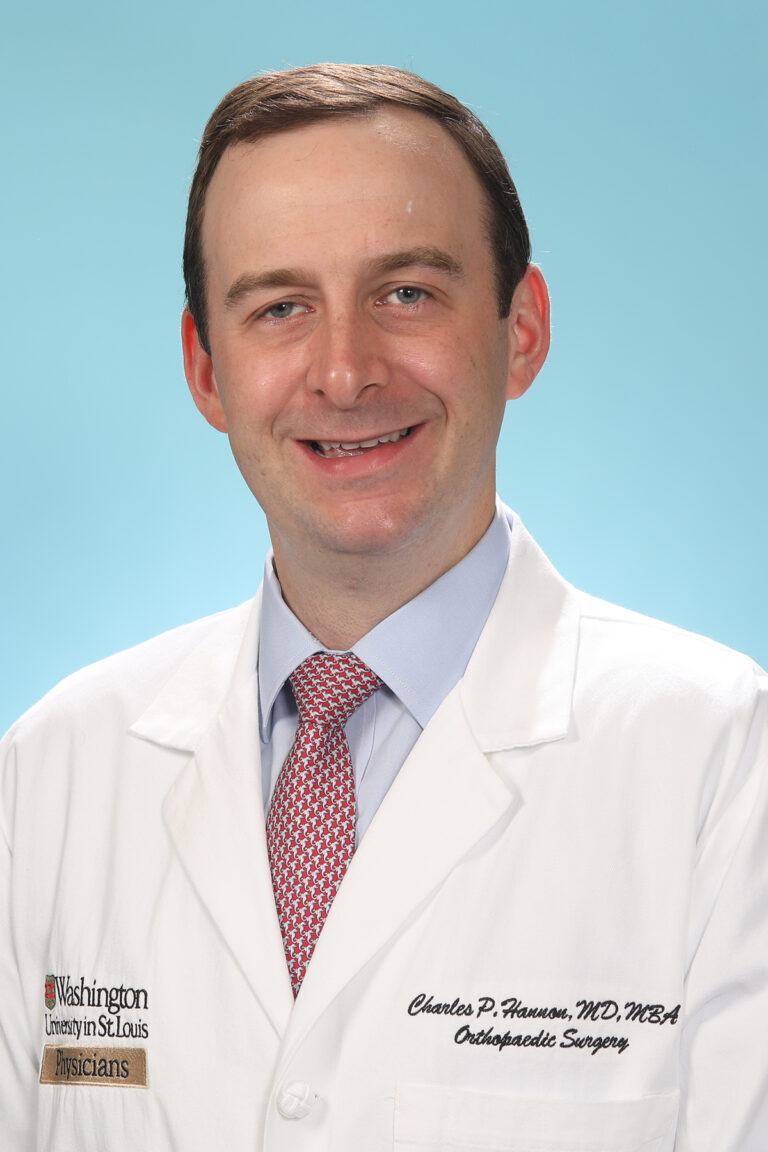
Charles Hannon, MD, MBA
Orthopedics
“The most enjoyable part of my practice is the opportunity to get to know my patients and determine what treatments will help them return to the activities they love and live the life they want to live.”
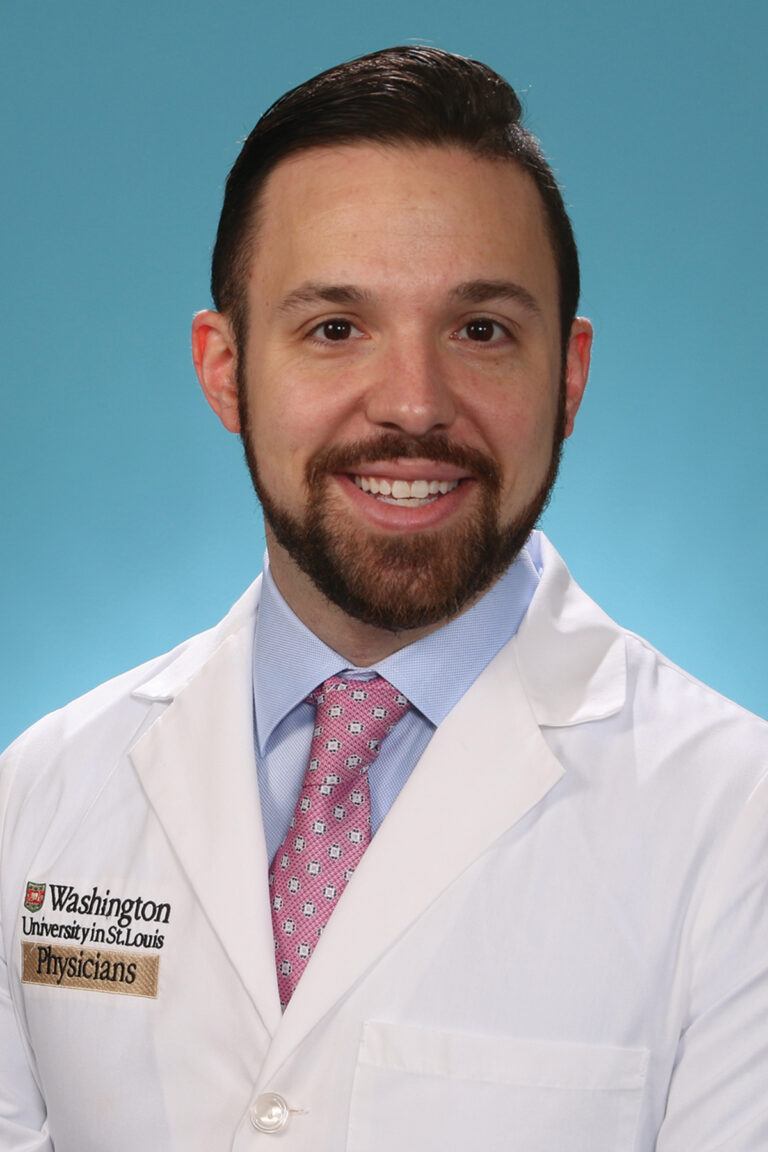
Max Rosen, MD
Child and Adolescent Psychiatry
“I grow with my patients through high school and as they transition to the next chapter of their lives – college, community college or trade school. To be able to continuously try to help my patients of all ages is what I enjoy the most. It is a privilege, as a physician, to be a part of the personal lives of these children and their families.”
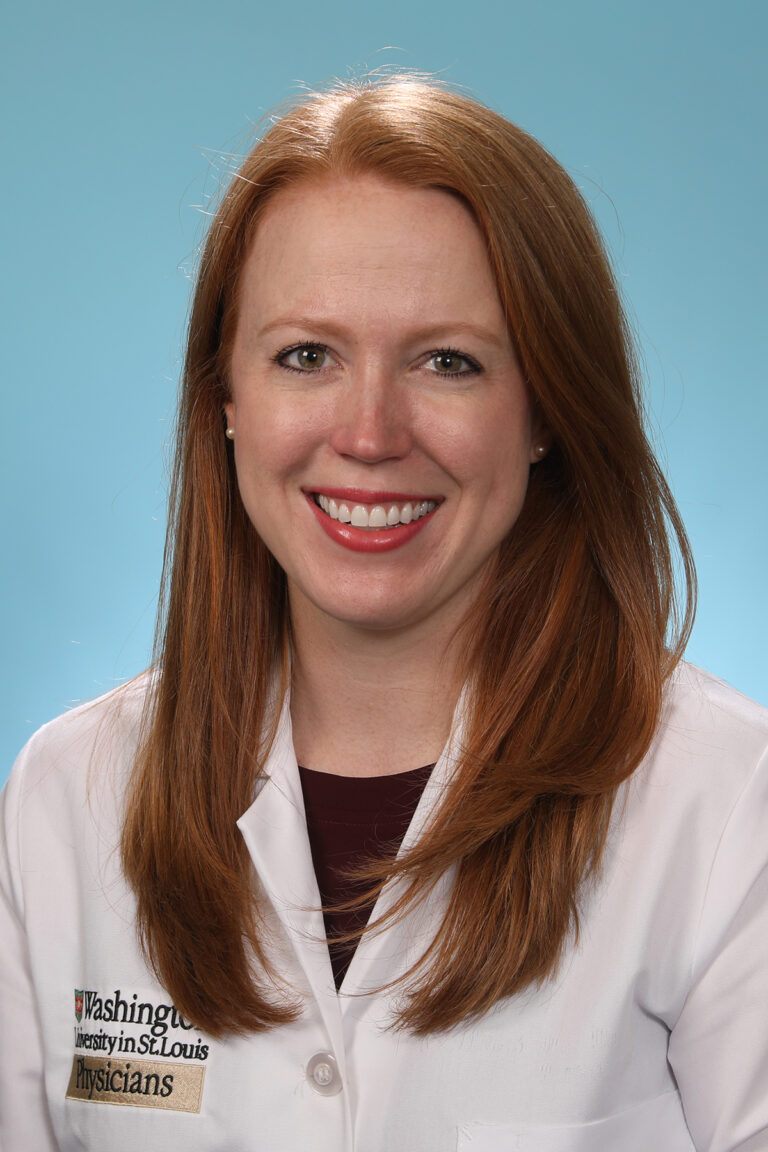
Marie Batty, MD
Pediatrics, Washington University Clinical Associates
“I love the variety of pediatric patients. Obviously, seeing a baby is much different than seeing an adolescent. What is really important in pediatrics is the focus on preventative care and family counseling. I really love talking to families about how to keep kids healthy as they grow.”
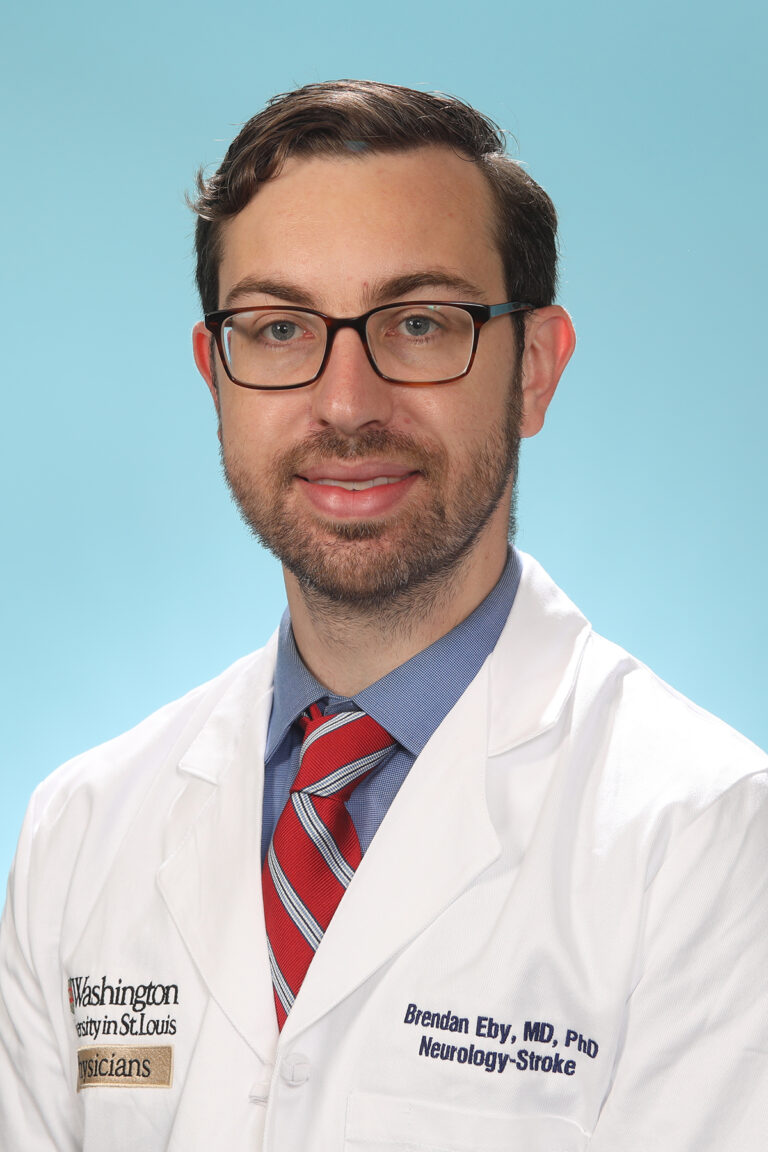
Brendan Eby, MD
Neurology
“The main focus of my specialty includes treatments for ischemic strokes through minimally invasive catheter-based procedures. Because ischemic stroke is a very prevalent disease and there are so many people who have strokes, it is important for them to have access to immediate treatment.”
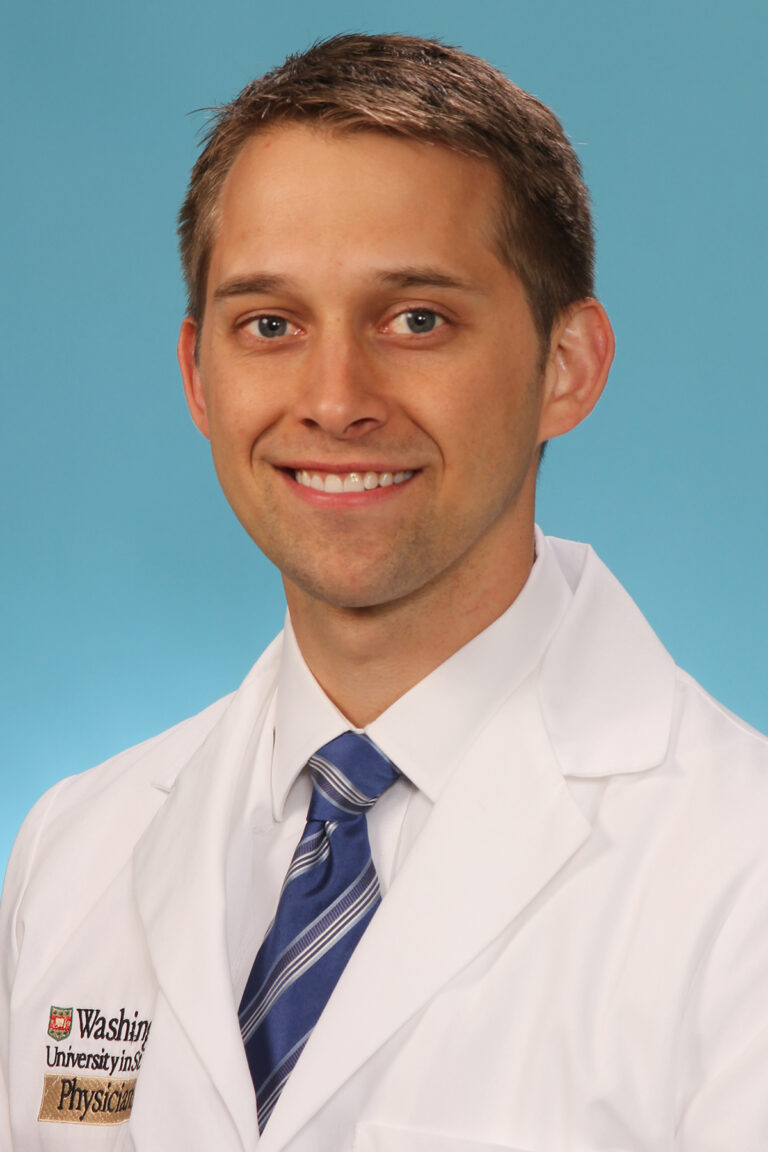
Ryan S. Jackson, MD
Head & Neck Surgery
“The best advice I’ve received was ‘always work hard and do a great job.’ As a head and neck cancer surgeon, I do the best I can with a lot of passion.”
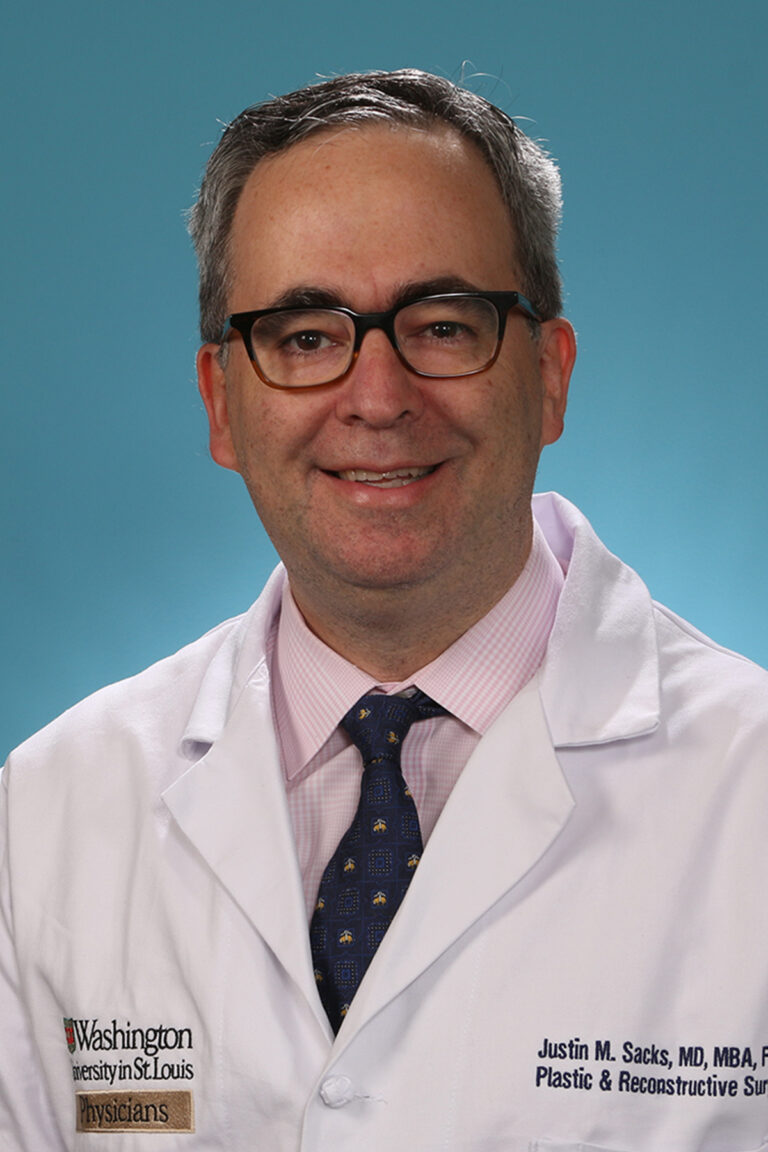
Justin Sacks, MD, MBA, FACS
Plastic and Reconstructive Surgery
“The aspect of my practice that is most interesting is that every day I wake up, get to come to work, take on different challenges and solve new problems that sometimes we have never seen before. Or I get to figure out ways to improve on something I’ve done before, in order to do it better.”
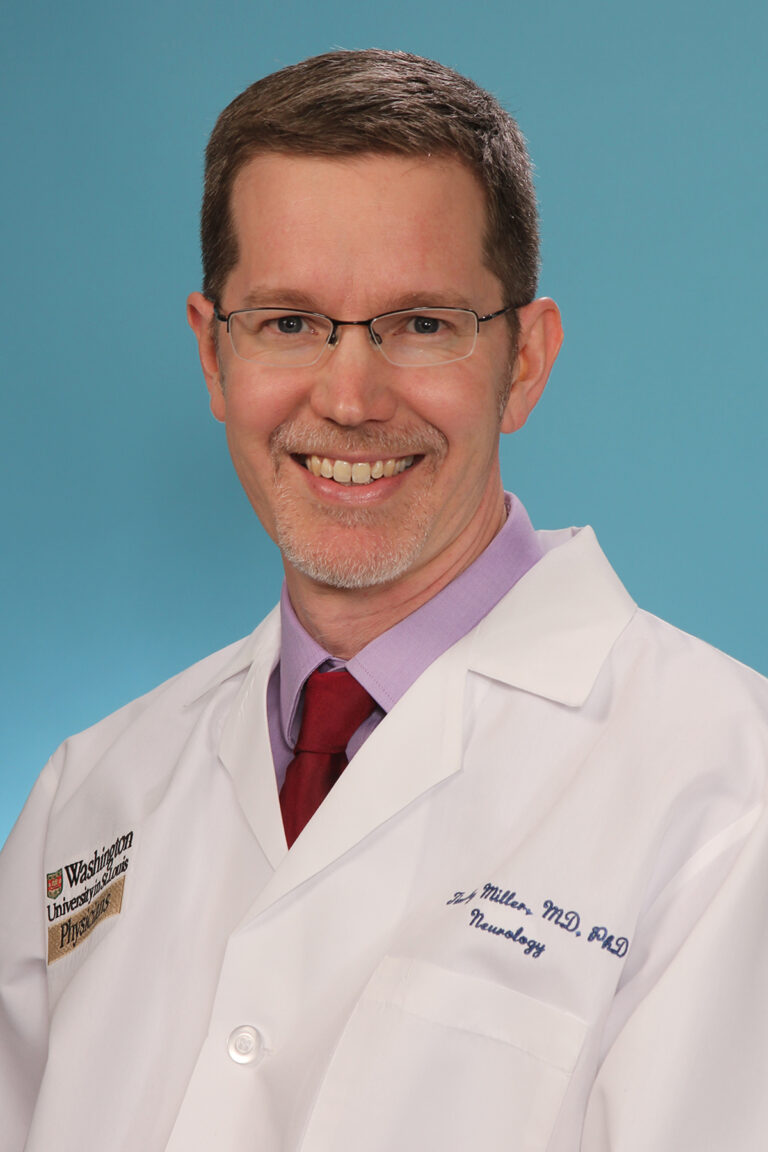
Timothy Miller, MD, PhD
Neurology
“The most interesting part of my practice is trying to figure out what causes ALS and how to develop therapies for ALS.
I listen carefully to our patients and think deeply about what could be causing their ALS and what new therapies would help them.”